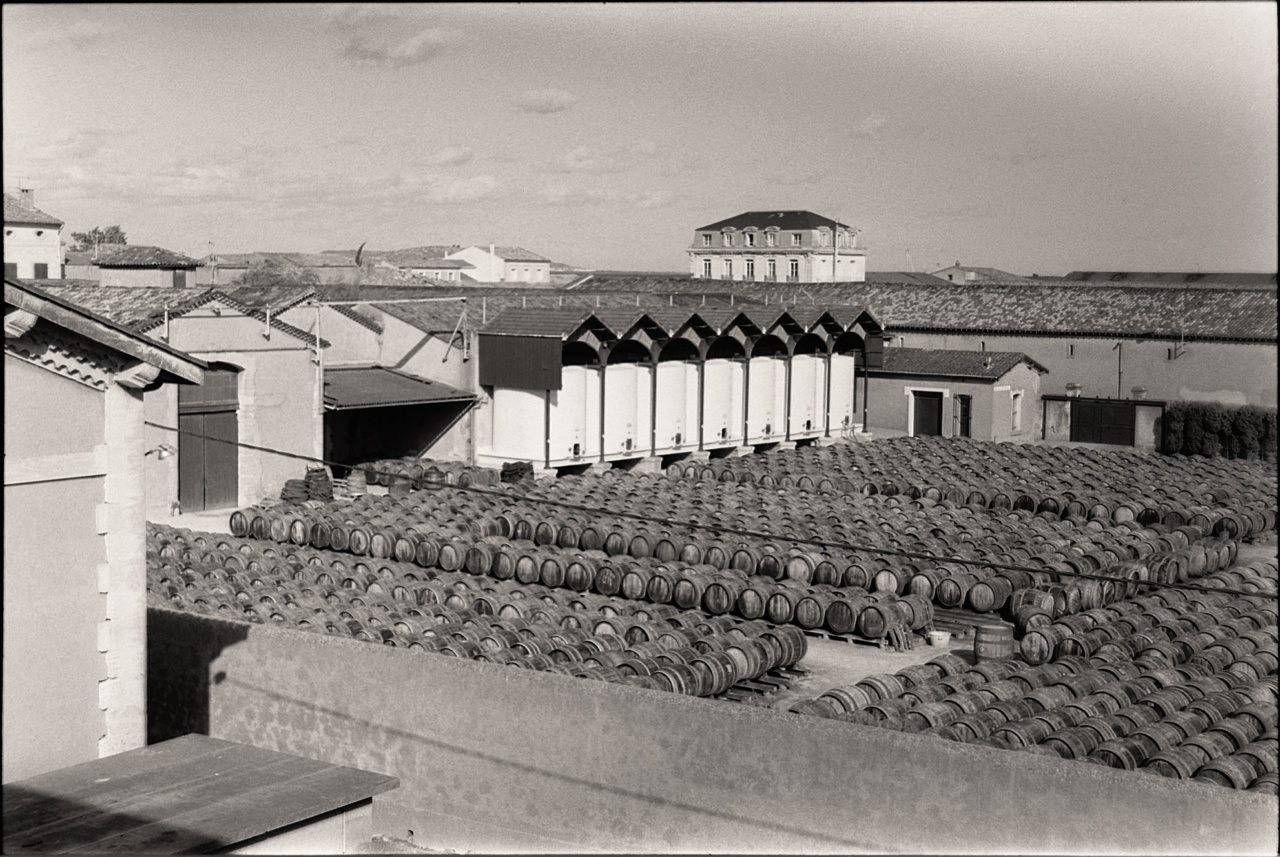If you are suffering from hemorrhoids, you might be wondering if alcohol consumption can have any impact on your condition. Hemorrhoids, also known as piles, are swollen veins in the lower rectum and anus that can cause pain, itching, and discomfort.
The answer to whether you should avoid alcohol with hemorrhoids is a resounding yes, and in this article, we will explore the reasons why.
1. Alcohol can worsen hemorrhoid symptoms
One of the primary reasons to avoid alcohol when you have hemorrhoids is that it can exacerbate the symptoms. Alcohol is known to cause dehydration, which can lead to constipation.
Constipation, in turn, can put strain on the veins in the rectal area and increase the likelihood of hemorrhoids or worsen existing ones. Additionally, alcohol can irritate the sensitive tissues in the anus, leading to increased pain and discomfort.
2. Alcohol can contribute to weight gain
Excessive alcohol consumption is often associated with weight gain, as alcoholic beverages are high in calories.
Being overweight or obese is a risk factor for developing hemorrhoids, so it is essential to maintain a healthy weight to prevent their occurrence or worsening. Avoiding alcohol can help you reduce caloric intake and maintain a healthier weight, reducing the strain on your anal veins.
3. Alcohol can interfere with the healing process
Hemorrhoids can take time to heal, and alcohol consumption can interfere with this process. Alcohol has been found to have negative effects on the immune system, impairing its ability to fight off infections and delaying the healing of wounds.
By avoiding alcohol, you allow your body to focus on healing the hemorrhoids more efficiently.
4. Alcohol can increase blood pressure
High blood pressure is another risk factor for hemorrhoids, and alcohol consumption can contribute to elevated blood pressure levels. Alcohol is a known vasodilator, meaning it causes blood vessels to relax and widen.
This can increase the pressure within the blood vessels, including those in the rectal area, potentially leading to the development or worsening of hemorrhoids. By eliminating or reducing alcohol consumption, you can help maintain healthy blood pressure levels and reduce the risk of hemorrhoids.
5. Alcohol can worsen digestive issues
Many people with hemorrhoids also experience digestive issues such as acid reflux, gastritis, or irritable bowel syndrome (IBS).
Alcohol is a known irritant to the gastrointestinal tract and can exacerbate these conditions, leading to increased discomfort and potential worsening of hemorrhoid symptoms. Avoiding alcohol can help alleviate digestive issues and reduce the strain on your anal veins.
6. Alcohol can impair judgment and increase the risk of straining
When under the influence of alcohol, judgment can become impaired, leading to poor dietary and lifestyle choices. This can include indulging in spicy or greasy foods, which can worsen hemorrhoid symptoms.
Additionally, alcohol can relax the muscles in the body, including those in the anal area, leading to increased straining during bowel movements. Straining can put pressure on the hemorrhoidal veins and worsen the condition. By avoiding alcohol, you can maintain better judgment and reduce the risk of straining.
7. Alcohol can disrupt sleep patterns
Getting enough sleep is crucial for the body’s overall health and healing processes. However, alcohol can disrupt sleep patterns, leading to poor quality sleep or insomnia.
Lack of quality sleep can contribute to various health issues, including weakened immunity and delayed healing of hemorrhoids. By avoiding alcohol, you can promote better sleep and aid in the healing of hemorrhoids.
8. Alcohol can deplete essential nutrients
Alcohol consumption can deplete the body of essential nutrients, including vitamins and minerals. These nutrients play a crucial role in maintaining overall health and supporting the body’s healing processes.
By avoiding alcohol, you can ensure that your body has an adequate supply of these nutrients, which is particularly important when dealing with hemorrhoids.
9. Alcohol can increase the risk of bleeding
Hemorrhoids can sometimes bleed, causing bright red blood in the stool, on toilet paper, or in the toilet bowl after a bowel movement.
Alcohol consumption can increase the risk of bleeding, as alcohol can thin the blood and impair the blood’s ability to clot. Avoiding alcohol can help reduce the risk of bleeding and allow the hemorrhoids to heal more effectively.
10. Alcohol can lead to poor lifestyle habits
Consuming alcohol can often go hand in hand with other unhealthy lifestyle habits such as smoking and poor dietary choices. These habits can further aggravate hemorrhoid symptoms and hinder the healing process.
By avoiding alcohol, you can break these unhealthy patterns and create a more conducive environment for recovering from hemorrhoids.
In conclusion, avoiding alcohol when dealing with hemorrhoids is highly advisable.
Alcohol can worsen hemorrhoid symptoms, contribute to weight gain, interfere with the healing process, increase blood pressure, worsen digestive issues, impair judgment, disrupt sleep patterns, deplete essential nutrients, increase the risk of bleeding, and lead to poor lifestyle habits. By abstaining from alcohol, you give your body the best chance to heal and alleviate the discomfort associated with hemorrhoids.






























